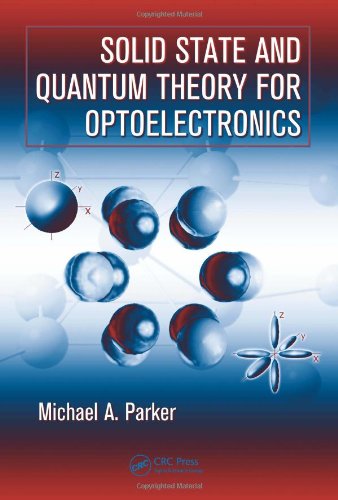

Most ebook files are in PDF format, so you can easily read them using various software such as Foxit Reader or directly on the Google Chrome browser.
Some ebook files are released by publishers in other formats such as .awz, .mobi, .epub, .fb2, etc. You may need to install specific software to read these formats on mobile/PC, such as Calibre.
Please read the tutorial at this link: https://ebookbell.com/faq
We offer FREE conversion to the popular formats you request; however, this may take some time. Therefore, right after payment, please email us, and we will try to provide the service as quickly as possible.
For some exceptional file formats or broken links (if any), please refrain from opening any disputes. Instead, email us first, and we will try to assist within a maximum of 6 hours.
EbookBell Team

4.4
52 reviewsWhile applications rapidly change one to the next in our commercialized world, fundamental principles behind those applications remain constant. So if one understands those principles well enough and has ample experience in applying them, he or she will be able to develop a capacity for reaching results via conceptual thinking rather than having to always rely on models to test various conditions.
In Solid State and Quantum Theory for Optoelectronics , Michael Parker provides a general conceptual framework for matter that leads to the matter-light interaction explored in the author’s Physics of Optoelectronics (CRC Press). Instead of overburdening readers with the definition–theorem– proof format often expected in mathematics texts, this book instructs readers through the development of conceptual pictures. Employing a proven pedagogic approach, as rigorous as it is intuitive, Professor Parker –
Professors Parker includes problems to help readers understand and internalize the material. But just as important, the working-through of these problems will help readers develop the sort of approach that, instead of wholly relying on models, enables them to extrapolate solutions guided by informed intuition developed over the course of formal study and laboratory experiment. It is the kind of conceptual thinking that will allow readers to move with deeper understanding from optical applications to more theoretical topics in physics.